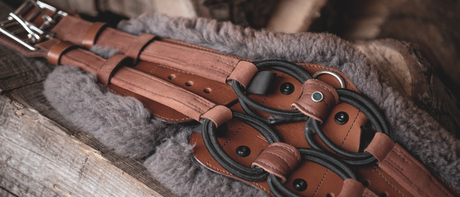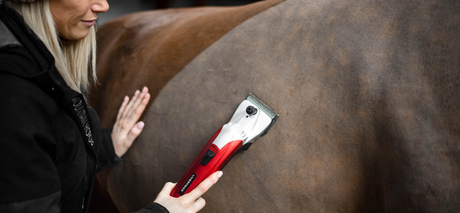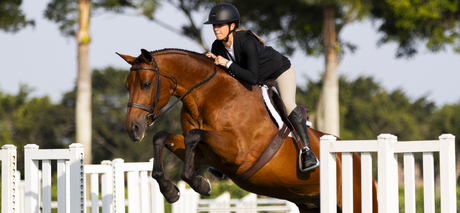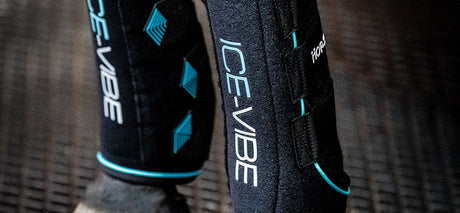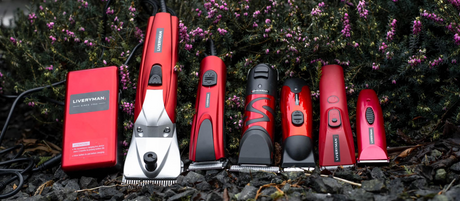Despite fireworks being used during celebrations it can be a worrying time for horse and pet owners.
Fireworks can cause stress in all animals, and it is important that we try to minimise this as much as possible. Horses are flight animals and will generally try to remove themselves from a stressful or scary situation, which could result in injury if they attempt to jump a fence or climb over a stable door. However, there are some simple steps that you can take to help keep your animals safe.
Preparing for Fireworks
Find Out: Check with your local council to see if any commercial displays are being planned near where your horse is kept. Find out the timings and if there are any events happening after such as loud music.
Contact: Explain your concerns to the organisers and see if there are any measures they can take.
Check Your Bonfires: If you plan on having your own bonfire, please check leaf piles and bonfires carefully before lighting. Hedgehogs could be sleeping inside.
Make Sure Your Yard Is Safe: Keep your yard tidy to reduce the risk of fire. It’s a good idea to empty your muck heap and clear away any unused hay, straw, or other combustible materials from the stable areas.
- Take the time to review your fire evacuation plan, and check your fire extinguishers and alarms.
- Carefully inspect your stables for any protruding nails, sharp edges, or slippery surfaces that could injure your horse if they become startled.
- Ensure all fences and gates are secure to prevent your horse from escaping their stable or field.
Desensitise Your Horse: Helping your horse become accustomed to loud noises and flashing lights can help reduce their reaction to fireworks. You can play firework sounds on any portable device you have available, and use colour-changing LED lights to simulate flashing lights.
- Begin by playing the sounds at a low volume, gradually increasing it over time so your horse can adjust to the noise. Similarly, introduce the flashing lights slowly, building them up alongside the sounds as your horse grows more comfortable and less reactive.
- Be sure to inform others at the yard about your plans, as they may wish to do something similar to desensitise their own horses, or they might want to move their horse to a quieter area to prevent distress.
- If you don’t have any firework sounds, brass band music can have a similar effect.
During Firework Displays: Horses
Leave Stable Lights On: Leaving your stable lights on can help lessen the effect of sudden bright flashes in the night sky.
Use Calmers: If you know your horse gets very stressed around fireworks consider moving them for the night or talking to your vet about sedation. Equine safe earplugs are also beneficial in keeping your horse calm by muffling the noise.
Make Sure Everything Is Safe And Secured: Wherever your horse is spending the night make sure it is safe and secure. Check their stable for protruding nails or loose string they could get caught up on.
Keep To Your Normal Routine: Keep to a normal routine wherever possible as sudden changes will make them more unsettled. If you plan to give them distractions, make it part of their routine leading up to the night.
Remember!
Remain Calm: Be very aware of your own safety when your horse is stressed—an injured owner won’t be able to help their horse!
DO NOT RIDE: Whatever you do, do not ride! Even if there are no planned commercial displays near by.
The Morning After
Check Your Horse: The day after a display it’s important that you just carry on with your horse’s normal routine but do check your horse thoroughly for any cuts or injuries. Just in case they have over-reached or run into something.
Check Your Field: Fully inspect the entire field and water trough to make sure there is no debris in it which could injure your horse and contaminate the area.
During Firework Displays: Household Pets
Keep Pets Indoors: Let them have a run around before the fireworks begin, and keep them safe and secure indoors.
Keep Them Busy: Try treats that will keep them focused for a while or a new toy.
Make Pets Identifiable: It's beneficial for your pets to be micro-chipped. For dogs and cats, ensure they have have an collar on. This is incase they spook and manage to escape their normal safe space/home.
Minimise Noise: Shut your curtains, windows and blinds.
Turn Hutches Towards the Wall: Make sure you consider your pets that live outside.
Try and Stay With Your Pet: Don’t leave them home alone if they tend to panic.
Allow Them Somewhere to Hide: Make special effort to make them feel safe.



